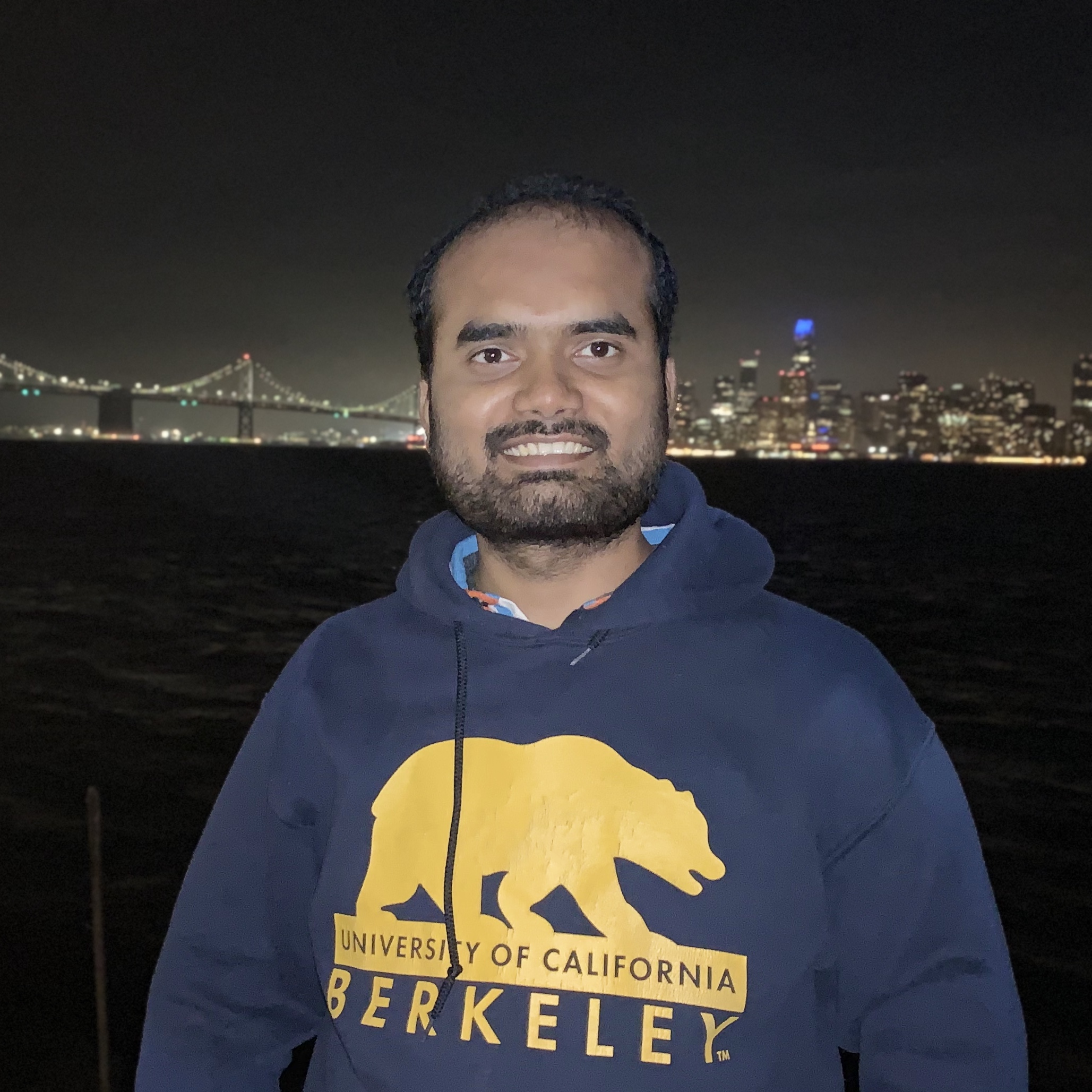International Workshop on Applied Machine Learning for Intelligent Energy Systems (AMLIES)
Co-located with ACM e-Energy Conference 2022, Virtual
Overview Call for Papers Key Dates Keynote Speakers Schedule Organizing Committee Technical Program Committee Contact

Overview
The capacities of societal-scale infrastructures such as power grids, smart buildings, transportation and other energy systems are rapidly increasing, leading to Cyber-Physical Systems that can deliver human-centric values and energy services while enhancing efficiency and resilience. Technological advancements in sensing, learning, control and optimization hold enormous capacity to deliver intelligent energy systems of the future that are empowered to address pressing societal issues such as energy crisis, climate change and environmental pollution. There has been an increasing interest to use Machine Learning, Data Analytics and Internet of Things (IoT) in diverse energy systems including smart buildings, power systems, transportation systems etc., to drive applications related to modelling, control, fault and anomaly detection and optimization of energy, space and cost amongst others. This has led to improved energy efficiency, occupant comfort and productivity in smart buildings and enhanced system robustness and resilience in power systems.
However, the application of machine learning to these energy systems has also opened up new research challenges. To perform optimally, these algorithms require substantial amount of labelled training data. Collection and labelling of the data in complex systems such as power grids and buildings with complicated energy usage behaviors require considerable amount of expert knowledge and is often prone tosecurity and privacy issues. Efficiently using the available energy data for inference, decision and control can prove beneficial in this scenario. Another challenge is the lack of direct measurements for important drivers of energy consumption, such as occupancy. Data from opportunistic sources (such as images or communication network data) can be adopted to overcome this challenge. This workshop seeks to bring together researchers to discuss such underlying challenges related to the application of Machine Learning to Energy Systems, including smart buildings, smart grid and transportation systems and to present proposed and ongoing work to address them.
Contact: amlies.workshop@gmail.com
Call For Papers
The workshop invites original papers that were not previously published and are not currently under review for publication elsewhere.
Topics of interest for this workshop include (but are not limited to) the following:
- Unsupervised Learning and few-shot learning for intelligent energy systems
- Transfer Learning, data-efficient learning and domain adaptation techniques for energy systems
- Generalized learning frameworks for energy systems enabled by Meta Learning and Multitask Learning
- Application of Machine Learning to fault and anomaly detection, performance benchmarking, measurement and verification (M&V), and design and retrofit decision support for energy systems
- Data security and privacy mechanisms in energy data analytics
- Reinforcement Learning in dynamic and uncertain environments (e.g., renewable integration)
- Modeling and decision support for building to grid interaction enabling grid interactive efficient buildings (GEB)
- Vulnerability analysis and robust decision-making against cyberattacks
- Data-efficient occupant behavior, indoor air quality and thermal comfort modeling, monitoring and control for buildings
- Certification and standardization aspects with respect to machine learning applied to energy systems
- Representation Learning for energy societal networks/ social games
Two types of contributions are solicited:
- Full papers, up to 8 pages in 9-point ACM double-column format (excluding references) and unlimited number of pages for appendices and references, single-blind.
- Short papers, up to 4 pages in 9-point ACM double-column format (excluding references) and unlimited number of pages for appendices and references, single-blind.
The submission must be in PDF format and be formatted according to the official ACM Proceedings format. Papers that do not meet the size and formatting requirements may not be reviewed. Word and LaTeX templates are available on the ACM Publications Website. Submission implies the willingness of at least one author to register and present the paper at the workshop.
Submission portal: https://amlies22.hotcrp.com
Key Dates
April 11, 2022April 22, 2022: Paper submission deadline- May 11, 2022: Author Notification
- May 24, 2022: Camera ready submission deadline
- June 28, 2022: Workshop
Keynote Speakers
John Sipple, Google
Ming Jin, Virginia Tech
Workshop Schedule
The coloured entries correspond to 29th June at the dateline mentioned. All other entries correspond to 28th June at the mentioned dateline.
| PDT | EDT | London Time | HKT (29th) | AEST (29th) | Programme |
| 9.00-9.05 | 12.00-12.05 | 17.00-17.05 | 00.00-00.05 | 02.00-02.05 | Opening Remarks |
| 9.05-10.00 | 12.05-13.00 | 17.05-18.00 | 00.05-01.00 | 02.05-03.00 | Keynote 1: John Sipple, Google |
| 10.00-10.20 | 13.00-13.20 | 18.00-18.20 | 01.00-01.20 | 03.00-03.20 | Paper 1: gridds: A Data Science Toolkit for Energy Grid Machine Learning |
| 10.20-10.30 | 13.20-13.30 | 18.20-18.30 | 01.20-01.30 | 03.20-03.30 | Paper 2: Time Series-based Deep Learning model for Personal Thermal Comfort Prediction |
| 10.30-10.50 | 13.30-13.50 | 18.30-18.50 | 01.30-01.50 | 03.30-03.50 | Paper 3: Diversity for Transfer in Learning-based Control of Buildings |
| 10.50-11.00 | 13.50-14.00 | 18.50-19.00 | 01.50-02.00 | 03.50-04.00 | Paper 4: PowerGridworld: A Framework for Multi-Agent Reinforcement Learning in Power Systems |
| 11.00-11.55 | 14.00-14.55 | 19.00-19.55 | 02.00-02.55 | 04.00-04.55 | Keynote 2: Ming Jin, Virginia Tech |
| 11.55-12.00 | 14.55-15.00 | 19.55-20.00 | 02.55-03.00 | 04.55-05.00 | Closing Remarks |
Organizing Committee
|
University of California, Berkeley |
University of California, Berkeley |
University of California, Berkeley |
Technical Program Committee
|
|


